Improve Your Communication – Improve Your Connection
Welcome to The Dish where Drew DeMaree & guests serve up a healthy dose of reality each month. This blog is about keeping it real ~ real challenges, real distractions, real life getting in the way of, well…virtually everything. We have missed you all, and we are back in a BIG way with a new series by Mary Garner DeVoe “MG” our Director of Training. MG writes Coaching Corner for Real Producers Magazine, and we are so excited to share this series with you…ENJOY!
We spend about 80 percent of our workday communicating, and most of us likely think we are good communicators. However, according to a study from the University of Missouri, 75 percent of communications received are interpreted incorrectly!
Why is this the case and what can we do to improve?
Leading real estate agents realize that effective communication has suffered casualties from the speed of housing supply and demand. An already brisk market was driven into a frenzy during COVID. As radically as the market changed a couple of years ago, the playing field is shifting yet again. Conflict resolution, handling objections, problem solving,and negotiation are critical to our effectiveness and ability to be of value to our clients. We have not exercised these “muscles” for quite some time… And how much training have we ever had on the art of effective listening?
In 1971, psychologist Albert Mehrabian published the book Silent Messages, which laid out the premise that body language makes up 55 percent of our communication, tonality makes up 38 percent, and words make up just 7 percent.This thinking is still accepted 51 years later!
And in 1971, we relied on landlines and typewriters. Communication was either in person, by telephone, or delivered through the United States Postal Service.Today, an average of 12 million text messages are sent daily in the United States, and 97 percent of American adults text. This would suggest that the 50-plus-year-old paradigms are no longer accurate, and today, our words are more important. Better communication requires that we be intentional about our words and delivery, no matter how rushed we feel. Our ability to connect with and influence others depends on it.
The word “communication” comes from the Latin word “communis,” which means “common.” It is time to reclaim the art of finding commonalities. Put another way, “Seek first to understand, then to be understood.” Finding commonalities is not achieved by telling or talking over others. It is about connecting and exchanging information. It requires genuine respect and care for the other parties involved. It requires that we concentrate on what someone is telling us. (How can we solve someone’s problem or concern if we have not truly listened to and heard them?)
Being intentional and aware of our communication is just the beginning. We must be clear about the difference between reacting and responding. It is important to consider the desired outcome of a conversation/meeting. What can we learn? How can we connect with this person?
It is said that “the person who talks the most dominates the conversation; the person who asks the most questions controls the conversation.” How true. And it requires us to be curious and want to learn. It requires that we have a stockpile of well-considered and thoughtfully worded questions in our toolbox. As Thomas J. Watson, founder of IBM said, “The ability to ask the right questions is more than half the battle of finding the answer.”
It can be a struggle to give up the need to be right in order to find a resolution or solution, but a big part of our jobs is to problem solve, not to be right.
Another outcome of effective and connecting communications is the relationships it fosters. The most challenging negotiations are facilitated by relationships. Consulting a client as a professional working to understand their wants, needs, priorities, and concerns will yield a far better outcome than if we simply see ourselves as the expert,
entitled to being trusted.
Helping a client through fear of interest rates by sharing with them the benefits of not having to offer way over list price, not having to waive appraisals and inspections, and the ability to perhaps negotiate on price and terms … these are great conversations to have when the information, benefits, and language has been thought out and practiced ahead of time.
A gem that is well worth the read is the book Everyone Communicates, Few Connect by John Maxwell. We will all benefit from improving our communication and our connecting as we enter a new year.



